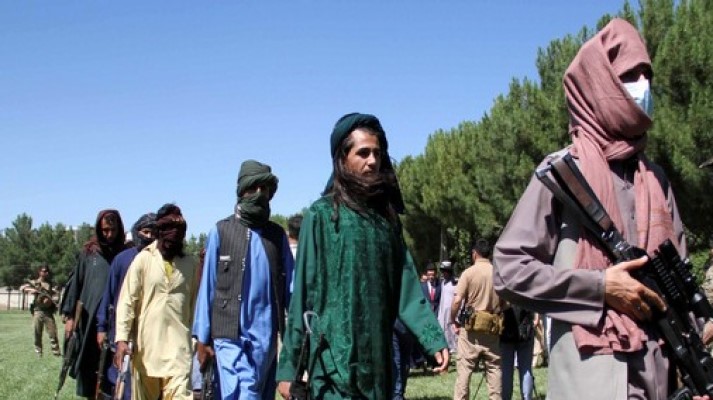
The major powers of China, Russia and the US have held talks with Pakistan about the consequences of the Taliban taking power in Afghanistan. The meeting was in Islamabad, and it was the first of its kind since the Taliban overran the country in mid-August.
The host, Pakistani Foreign Minister Shah Mahmoud Qureshi, called for more to do for Afghanistan. “Nobody wants another civil war (in Afghanistan), nobody wants an economic collapse that brings instability, nobody wants another refugee crisis, and everyone wants to fight terrorists in Afghanistan effectively,” Qureshi said. Pakistani media reports that envoys in Islamabad are also meeting with Amir Khan Muttaqi, who the new rulers in Kabul have appointed as foreign ministers.
The collapse of the Afghan government and military forces during the Taliban offensive earlier this year has undermined the state apparatus and the economy. The Taliban have the power, but not the resources that the previous government had at its disposal. Foreign aid has virtually ceased, and that was the cork that propped up Afghanistan’s economy. The central bank’s assets have been frozen abroad. As a result, there is a threat of famine in the country of almost 40 million inhabitants.
The Taliban want to get the economy back on track and are seeking international recognition. They have long been in talks with the three major powers, but they still do not call the Taliban regime the legitimate government. There are also UN sanctions against the Taliban.
Qureshi also said he spoke with the Chinese envoy about the Sino-Pakistan Economic Corridor, a huge infrastructure construction project in Pakistan that started in 2013. He asked whether Afghanistan could be involved. The Chinese answer is unknown, but Beijing seems to look for Afghanistan’s wealth of mineral resources.
The Taliban hope to exploit the wealth of minerals with foreign investment and knowledge. Afghanistan has reserves of bauxite, chromium, iron, cobalt, copper, mercury, lithium, uranium and rare earths, among others.
